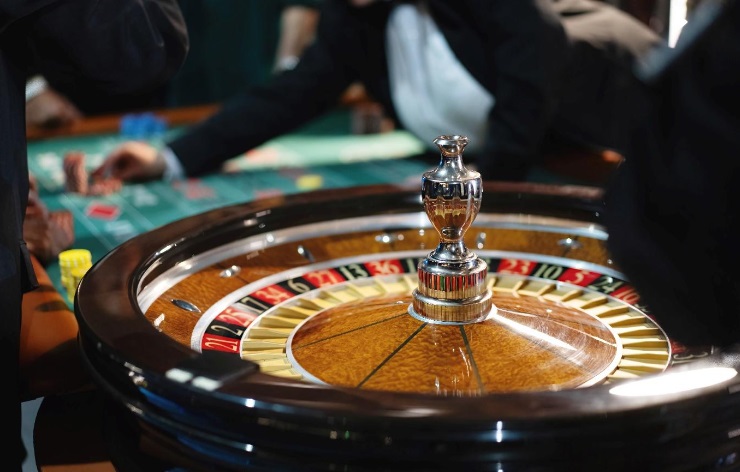Roulette is a staple casino classic with a rich history. You’ll find multiple variations of the game no matter whether you try your chances at a casino online or at a land-based venue.
As a truly recognisable part of the casino industry, it’s no wonder the game has stood the test of time.
With this in mind, we delve into the history of Roulette, how it transitioned to digital platforms and how live casino gaming has paved the way for Roulette to remain one of the most popular casino games of all time.
Read on to find out more.
A brief history of Roulette
The concept of Roulette games dates back to ancient Greek and Roman times, when soldiers would bet on the outcome of spinning chariot wheels or other items. The wheel itself, however, was developed in 1655. French mathematician and physicist Blaise Pascal created the primitive version of the Roulette wheel, but despite being an avid gamer himself, Pascal initially set out to create a perpetual motion machine.
His initial venture failed, as it would’ve meant defying physics, but led to him being credited for the invention of the Roulette wheel.
Years later, in 1842, French brothers Francois and Louis Blanc were next to revolutionise the game of chance. After moving to Hamburg, Germany, the brothers set out to lower the game’s house edge by removing one of the green pockets – the double zero.
This version of the wheel later became known as European Roulette, whilst the double zero version was named American Roulette.
The evolution of technology
For the next century, Roulette found itself in land-based casinos, with the European version being the centrepiece of the Monte Carlo Casino when Francois Blanc helped to open what was the first modern casino of its time.
America’s casino scene evolved alongside it, with the mid-1900s seeing the first bright lights and super casinos that made up the Las Vegas Strip.
Naturally, technology continued to evolve, and in the late 1990s, online casino sites made their debut.
Digital Roulette
As one of the most iconic casino games, Roulette was one of the first to be made available to play online. Rather than being spun by a professionally trained dealer in a physical venue, these digital games were kept fair and unpredictable thanks to a Random Number Generator (RNG).
RNGs made the foundation of all online games until live casino games made their debut.
Once smartphones became popular and the demand for faster Internet speeds and greater bandwidth became apparent, online gaming developers were able to create games that could be live-streamed from a specialist studio or physical casino floor hosted by a real-life dealer.
Live Roulette
As Roulette is such a popular game of chance, it’s no wonder live dealer variations became available.
Nowadays, you can play a huge variety of live casino games, including all variations of Roulette, at many live casinos, thanks to state-of-the-art technology.
The future
But what does the future hold for the iconic wheel? Well, with ever-evolving technology, gaming developers have started introducing virtual reality (VR) and augmented reality (AR) into some live casino games. Could this, alongside other futuristic elements, be on the cards for Roulette?
We’ll have to wait and see!


